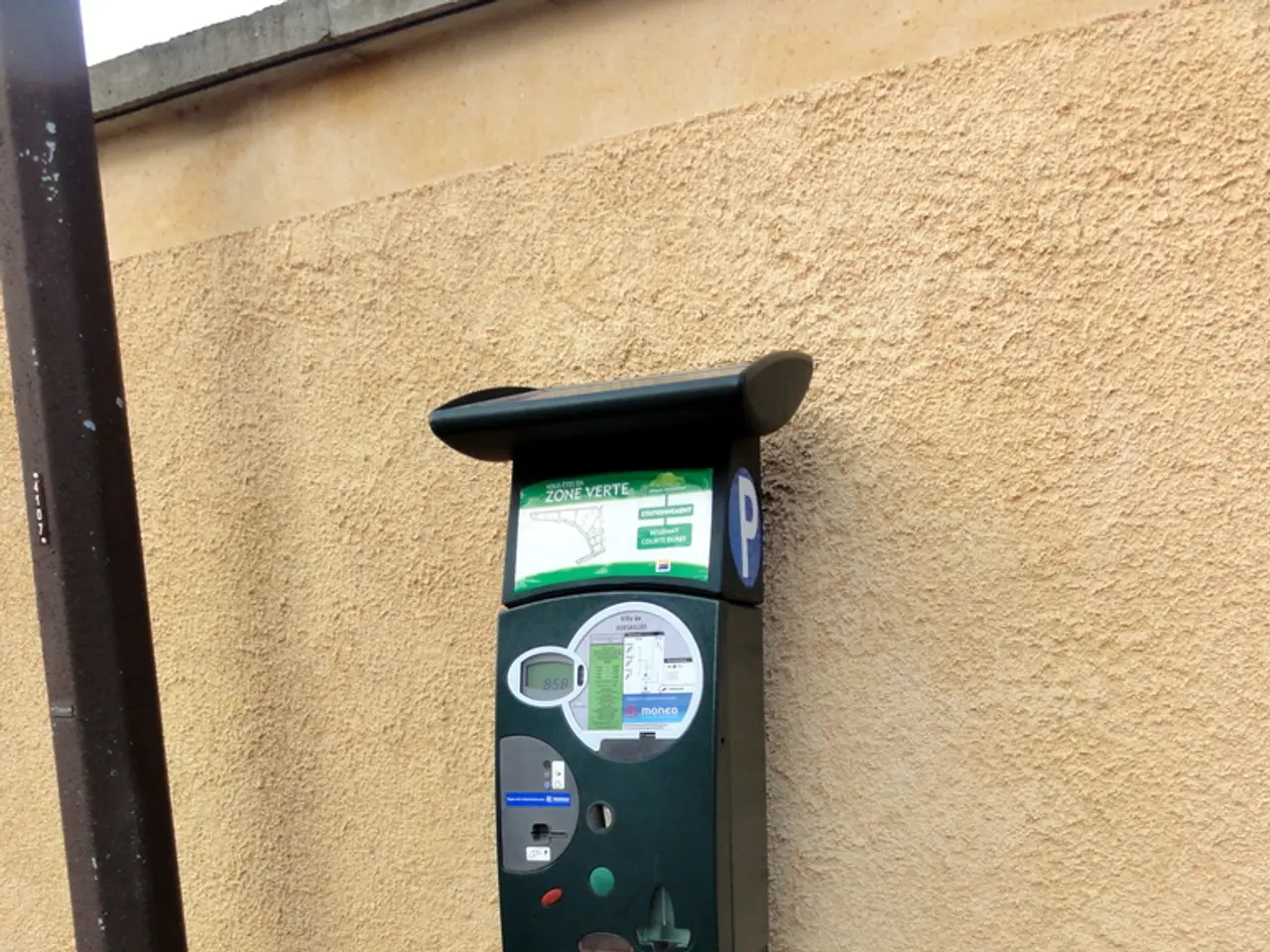Elderly Individual Swindled out of 23,000 Euros via Text Message - Bank shown "questionable ethics"
================================================================================
The Interest Group of Former GDR Refugees e.V. (IEDF e.V.) has found itself in a financial predicament following a fraud case that occurred in January 2024. The organisation's account at Deutsche Bank was compromised, leading to a loss of 23,000 euros.
According to Jürgen H., a member of the association, the fraud was reported to Deutsche Bank in writing. However, the current status or resolution of the case remains unclear. The bank has argued that there was gross negligence on the part of the association's treasurer, who allegedly clicked on a link in an SMS and entered requested information, enabling the fraudsters to debit the funds from the account.
The association's lawyer considers a lawsuit as a promising option, but success in court is not certain. The lack of funds for a lawsuit is a significant challenge due to the financial loss incurred from the fraud. The association finances itself through membership fees.
It is worth noting that the association's treasurer is not the only one who may bear the loss. Banks typically handle fraud cases involving customer negligence by limiting customer liability for losses depending on the circumstances of the fraud and the timeliness of reporting. If the customer is found negligent, they generally bear the loss until they report the unauthorized transaction to the bank. Any loss occurring after timely reporting is usually borne by the bank.
However, in this case, Deutsche Bank has terminated the association's account following the fraud case. Subsidiary proceedings against the holders of the accounts to which the funds were transferred are ongoing.
A similar case of fraud was previously featured on the ARD program Marktcheck. The Public Prosecutor's Office in Mannheim is currently investigating a man for money laundering in connection with the fraud. No details were given about the fraudsters or how they gained access to the association's account.
Jürgen H. reported the incident to IPPEN.MEDIA and expressed concerns about Deutsche Bank's role in the fraud. According to the Consumer Center, banks are required to provide evidence to prove gross negligence on the part of the customer.
The fraud was committed through SMS phishing, also known as smishing. The main charge against the unknown sender of the phishing SMS was dismissed due to a lack of evidence. Deutsche Bank has investigated the case with high priority.
In conclusion, the IEDF e.V. is grappling with the aftermath of a fraud case that has left them financially vulnerable. The association's treasurer, Deutsche Bank, and potentially the fraudsters are all under investigation. The outcome of the case will not only affect the association but could also set a precedent for how banks handle similar cases in the future.
- The financial predicament of the IEDF e.V. stems from a fraud case in the banking-and-insurance industry, specifically involving Deutsche Bank.
- The general-news outlets have reported on similar cases of fraud, shedding light on the crime-and-justice implications of such incidents.
- The resolution of the IEDF e.V.'s fraud case could potentially influence future industry practices in the finance sector.




